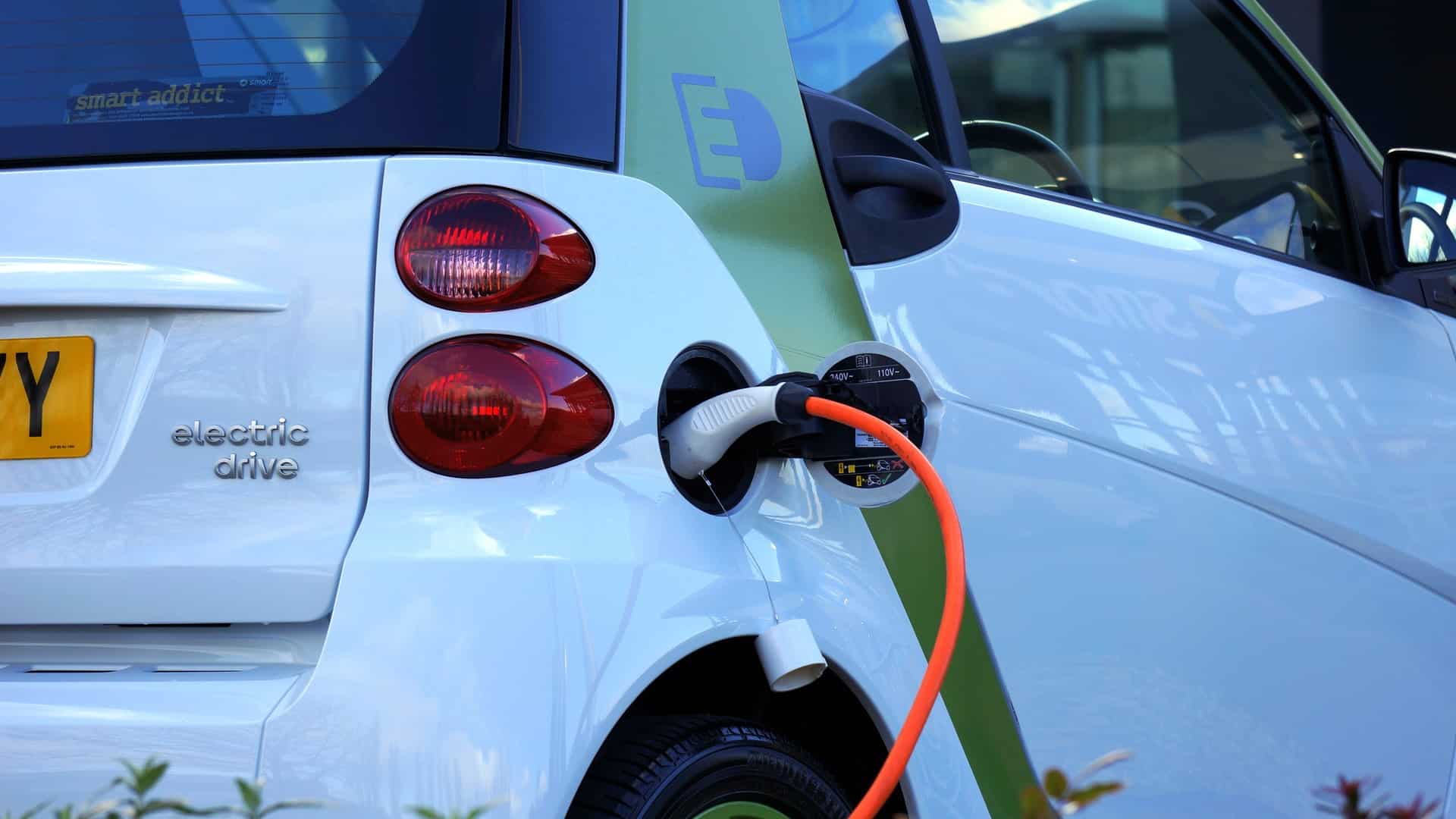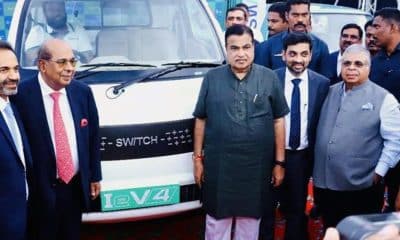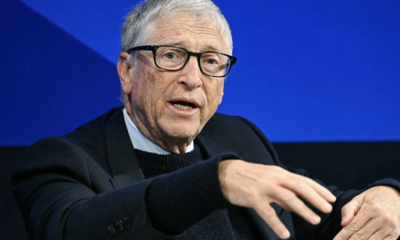Electric Vehicle
Businesses seek government support to meet EV target by 2030
Businesses in India are seeking government support to help them achieve at least 65% of electric vehicle (EV) sales by 2030 in an effort to decarbonize the transport sector. The Union Minister Nitin Gadkari, at a virtual conference, had said the government intends to achieve 30% market penetration in the passenger cars segment by 2030. He said meeting these targets would help India reduce its crude oil usage by a staggering 156 million tonnes. India is the world’s third-biggest greenhouse gas emitter after China and the United States.
Joe Phelan, director at the WBCSD, India, said after rapid growth in India’s renewable energy sector, transport decarbonization is India’s next big opportunity to address climate change. The WBCSD believes meeting the 2030 target could provide an investment opportunity of about $200 billion and cut India’s road transport emissions by 15%. “By 2030, companies want 30% of new cars, 70% of new motorbikes and scooters and 35% of new buses sold to be electric,” it said.
To achieve this, the businesses want the government to legalize e-bike taxi services, give fleet permits for electric three-wheelers ensure easy access to finance and leasing opportunities for electric cars and speed up installation of public charges. According to Reuters, Indian bus maker JBM Group, motorcycle manufacturer Hero Electric, goods vehicle maker Switch Mobility, energy company Fortum, IKEA and LeasePlan are also backing the push.
Also Read: WHO revives inquiry into COVID-19 origins, unveils team of scientists to investigate
However, global forecast suggests that EVs will only begin outselling their fossil fuel-driven counterparts by 2040, when they are expected to have 60% of the market share. A report by BloombergNEF said while electric buses will occupy a major chunk of global bus fleets, they won’t claim total dominance as hydrogen-powered heavy duty vehicles will continue to gain greater prominence.











































Pingback: India is set for a fundamental shift toward capital account convertibility.